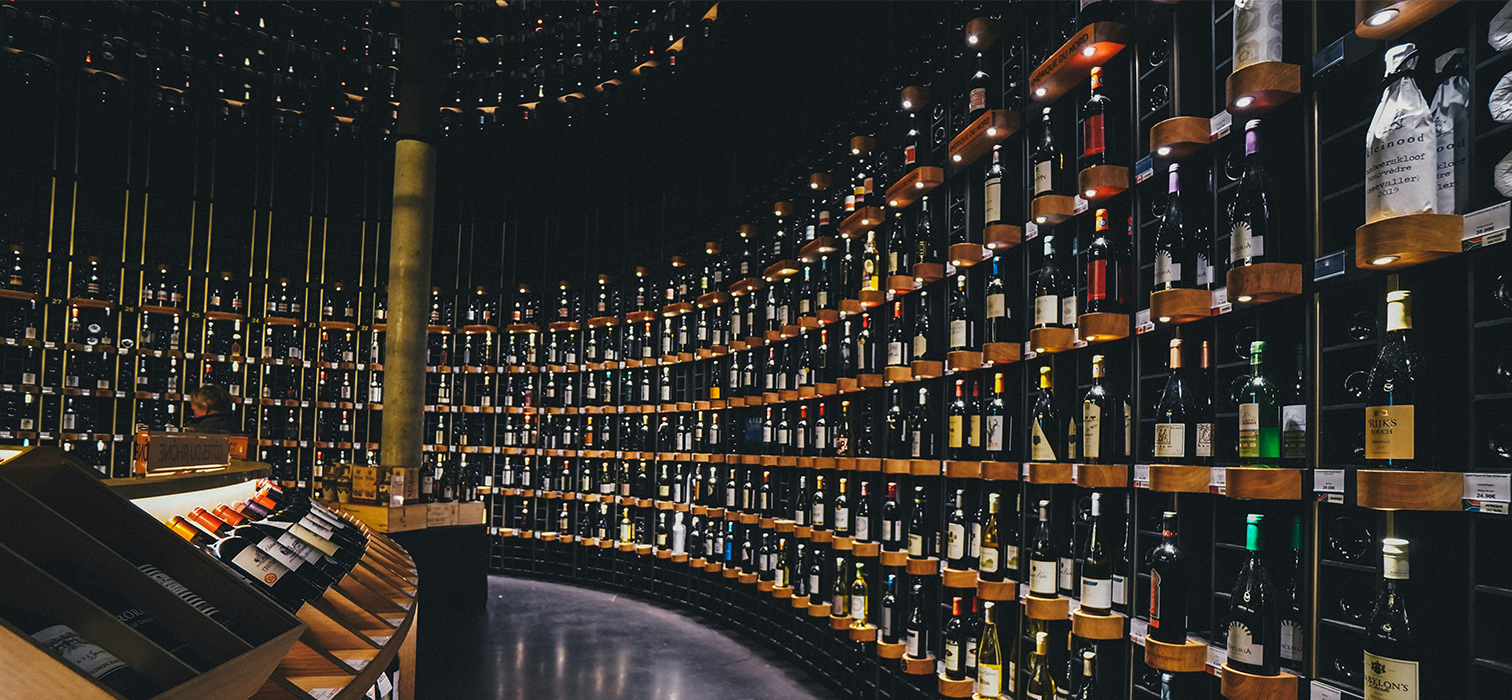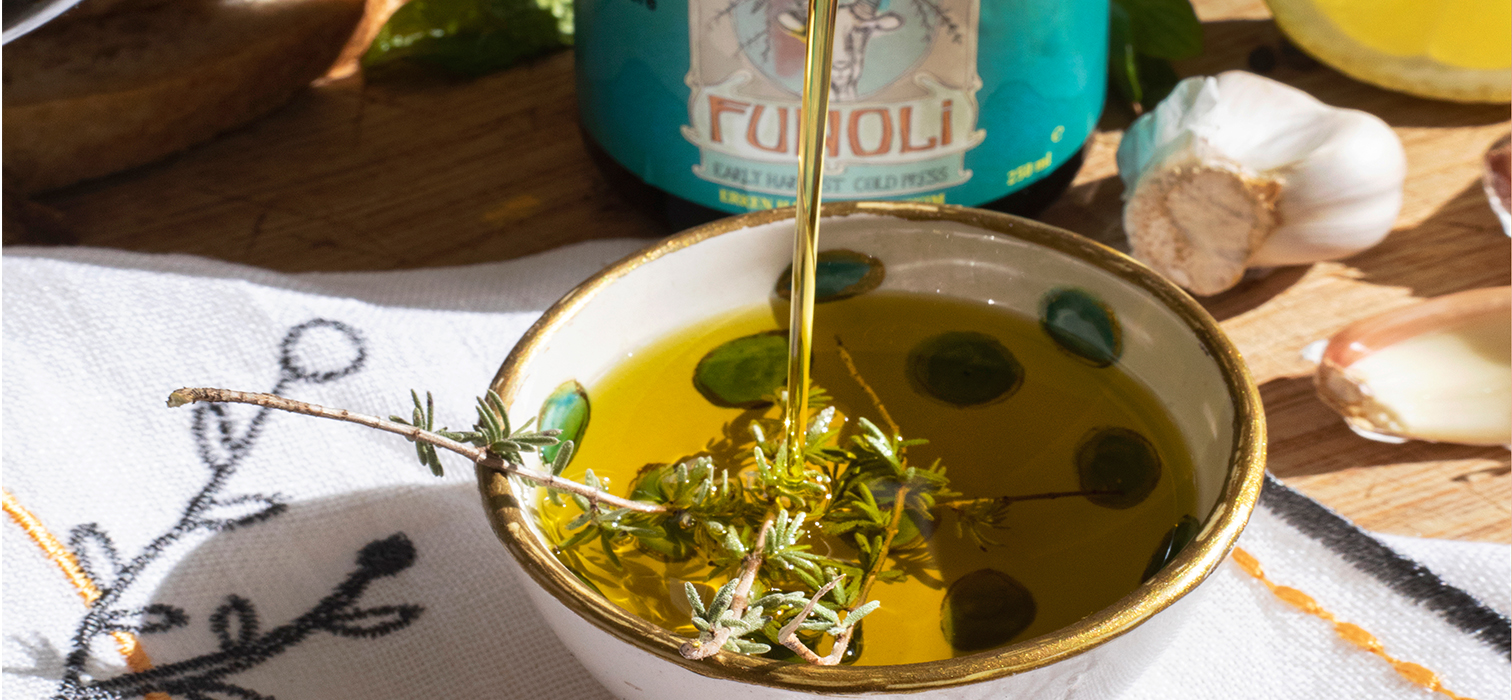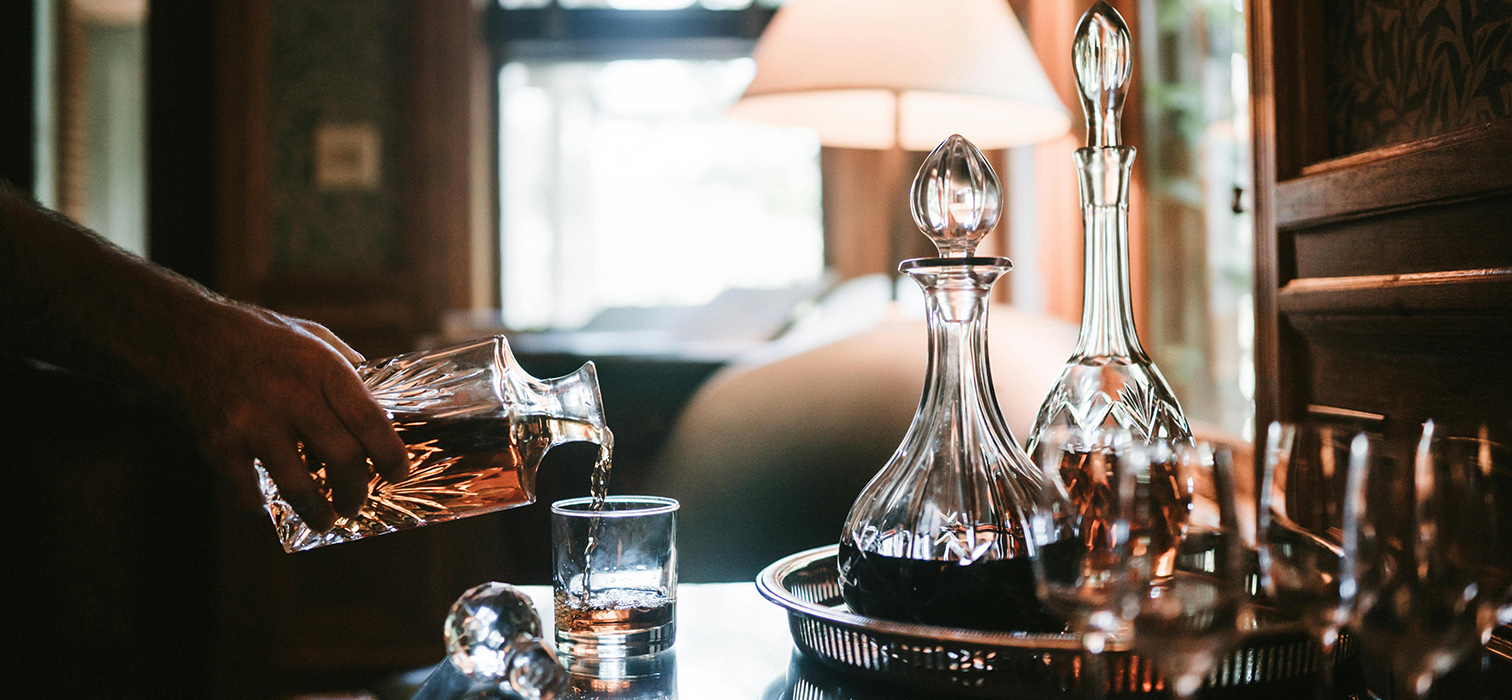
Chamlija, declared a “champion” by world-famous sommeliers for both its Cabernet Sauvignon and Merlot wines, was chosen as Turkey’s best wine producer for the sixth time. We talked about the successes of Mustafa Çamlıca, the founder of Chamlija, the famous brand of the viticulture industry with its innovative vision.

Çamlıca is such a family that has been engaged in farming since 1935. The family began farming in the Istranca Mountains after migrating from Bulgaria to Turkey. So much so that, they know which grapes are grown in the region, yet knowing the product is not enough for farming. Therefore, Çamlıca family embraces human’s submission to nature, and whole family continues to process what mother nature offers them with knowledge and intuition for three generations.
Mustafa Çamlıca ignited the first fuse of Chamlija by focusing on fine-wine investment in 2006. Together with his brother Bülent Çamlıca, he first conducted a regional survey, the following year the lands were purchased, and the first seedlings were planted in 2008. Philippe de Rothschild, owner of Château Mouton Rothschild, the legendary vineyard of Bordeaux, does not say for nothing: “Making a good wine is easy, only the first 100 years of wine are difficult.” The land to the product; the adaptation of the product to the climate is different, and the surprises prepared by mother nature every year are different. But Mustafa Çamlıca, who calculates all kinds of possibilities with the experience he has gained from the business world, is also passionate about his job. Is it only him? No. All family focused on producing within their own expertise and developing while producing.

When we look back, there are countless successes for Chamlija, which has been offering its wines to consumers for 10 years. This success story, which almost proved Rothschild wrong, has undoubtedly turned into a story to be proud of for Turkey. Chamlija, which won trophies in both the Cabernet Sauvignon and Merlot categories among 12 thousand wines at the AWC Vienna International Wine Competition this year, broke the record for the producer with the most medals to date, receiving 23 medals in total. In addition to his Master and Gold medals in the Global Cabernet Sauvignon Masters competition organized by The Drink Business magazine, he was also selected as the best Cabernet Sauvignon producer of the year by the Master of Wine. Quartz Fume 2022 became the only gold medal product in the Sauvignon Blanc category. We listened to this success story, which is difficult to count but enjoyable to read, from the founder of the brand, Mustafa Çamlıca.
There are countless successes in your 10-year production process. You have been chosen as the best in the world with the Cabernet Sauvignon grape, which the French are assertive about, and in their country. How does this success story make you feel as a farmer and investor?
First of all, it is not unusual for a winery to be selected as the best Cabernet Sauvignon producer in two different competitions within a short period of 10 years. We have another forgotten success. The best Merlot wine of the AWC Vienna competition, that is, the wine that won the cup, was Chamlija. These successes become enormous when they belong to the same manufacturer. We were very, very happy as a family. However, I have to say that the beginning of the story is 2006. That year, we decided where we should plant the vineyards and started purchasing lands in 2007. We made the first plantings in 2008. This job is a matter of patience and heart. We are just at the beginning of the road.

Indeed, you come from a farmer family. What was the most important thing that you learned from previous generations?
Soil, weather, cycles and balances in nature: water cycle, nitrogen cycle, carbon cycle. To reproduce and produce. I have spent years understanding each of these topics and will continue to do so. For example, soil. Technically it is divided into three parts; clay, sand and silt. However, there is no homogeneous soil structure in real life. The clay part is a very separate issue. What bentonite clay is in a clay? Does bentonite clay contain sodium or calcium? What would happen if Peter’s bentonite clay was 150 cm deep instead of 50 cm deep? We call the activity that involves thousands of questions as farming.
Your knowledge of the geological structure, climate and geological formations of your region is undoubtedly one of the important reasons for your success in production. What kind of work does this require?
Since the day we established the vineyards, we have placed full-fledged meteorological stations in 11 different regions. For geology, we work with both MTA and TPAO. We also work on soil analysis with the Soil Institute in Kırklareli. Therefore, we currently have the most detailed meteorological, soil and geological data in the region. We also study the regional fauna. The aim is to understand how the region will respond to global warming.
We are talking about an area with many parameters. There are also unexpected aspects of nature. What is the most difficult part of viticulture and what is your precaution against it?
When investing in bonds, you are investing with historical data. It is a fact that; since 2008, not a single year has been similar to the previous one. We do not water the vineyards. Then you need to find an anchor for yourself. That anchor is bentonite clay. The insurance of our vineyards is bentonite clay.
Although viticulture has been practiced in Turkey for centuries, conditions are challenging for producers today. Serious sanctions for wine producers have been discussed since the last days of 2023. Do you ever feel resentful or mentally challenged?
I feel sad but I don’t get angry.
Chamlija is a strong family business. What kind of division of labor do you have?
As a family company, we have a sharply separated business division. Vineyards is under the control of my brother Bülent Çamlıca, my daughter İrem Çamlıca is responsible for labels and other creative materials. While the winery management is under my control, my brother’s wife Arzu Çamlıca, my nephew Cemre Çamlıca and her cousin Eylül Yılmaz work in sales and marketing.
Your labels are as special as your wines. Ms. İrem is a very successful painter. Putting aside the fact that you have a daughter, how does it feel to be working with such a successful designer in her field?
We are a team. We all try to do our best. İrem’s creativity contributes greatly to our brand value. I feel very lucky both as a father and as an entrepreneur.
It is difficult to choose among the things one produces, but is there a grape that has a special place for you?
Our local grape Papaskarasi is my passion. It is my blind love…
You make blends with grapes that are as far away from each other as Portugal’s Albarino and Tokat’s Narince. Does the power of these pairings come from knowledge or is it intuitive?
The purpose of the coupling here is to complete the gap in each other. Our aim is to combine the oiliness and body of Narince with the aroma and freshness of Albarino. Information is essential.
Chamlija is considered among the most successful Turkish brands in the world market. To which countries do you sell the most?
Chamlija top 5 in 2020 and 2021; it was among the top 10 alcoholic beverage exporters in 2022. Our portfolio is very broad. Our export points are South Korea, China, Russia, Taiwan, Australia, Bulgaria, Romania, Serbia, Switzerland, Sweden, England, Canada and the USA.
You have a brand that has achieved great success in a very short time. What are your next plans for Chamlija?
Our goal is to grow further in exports.



